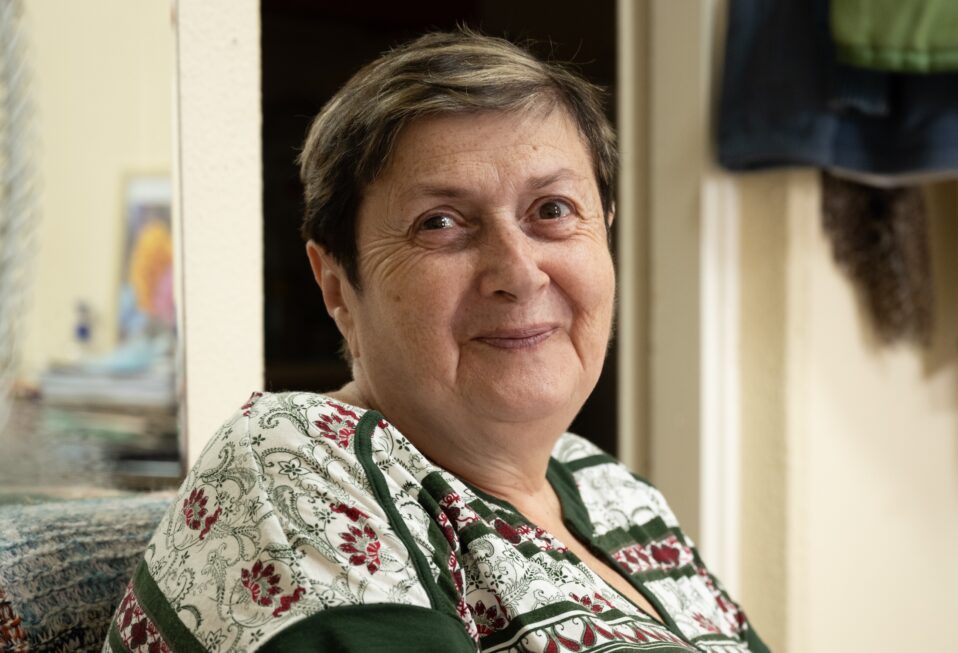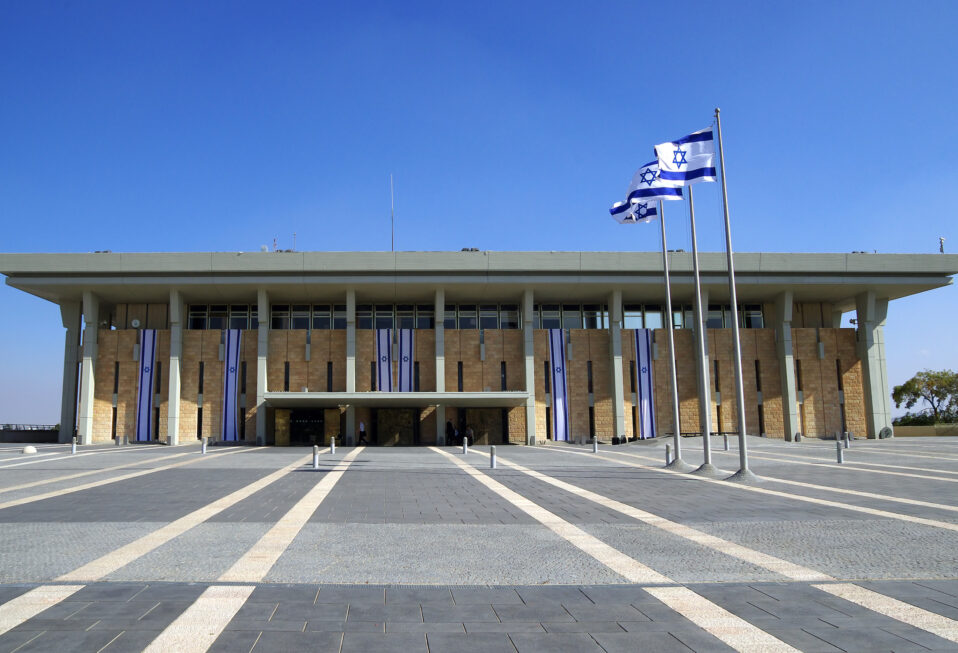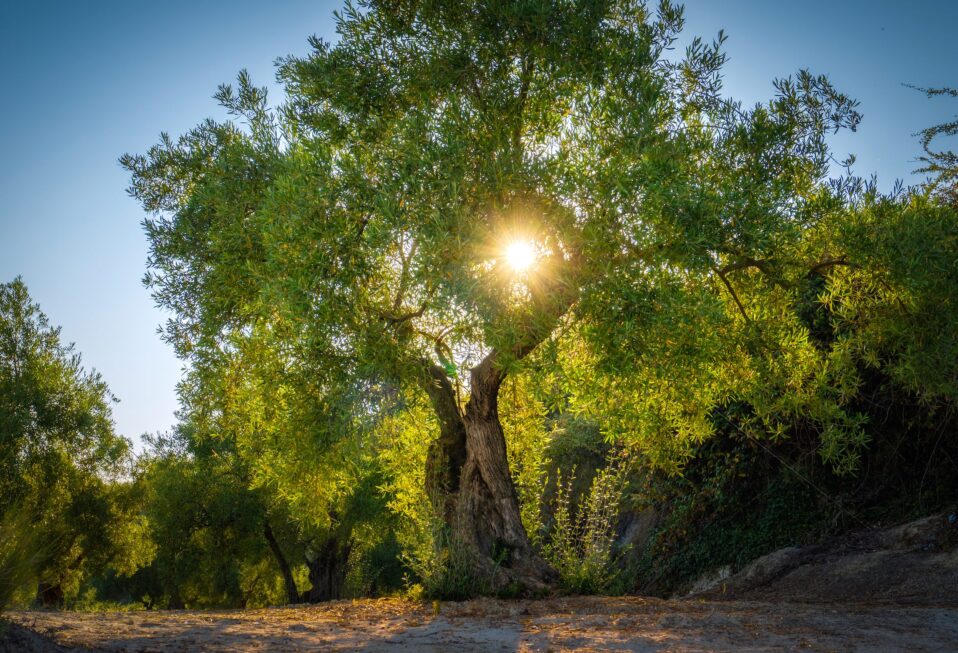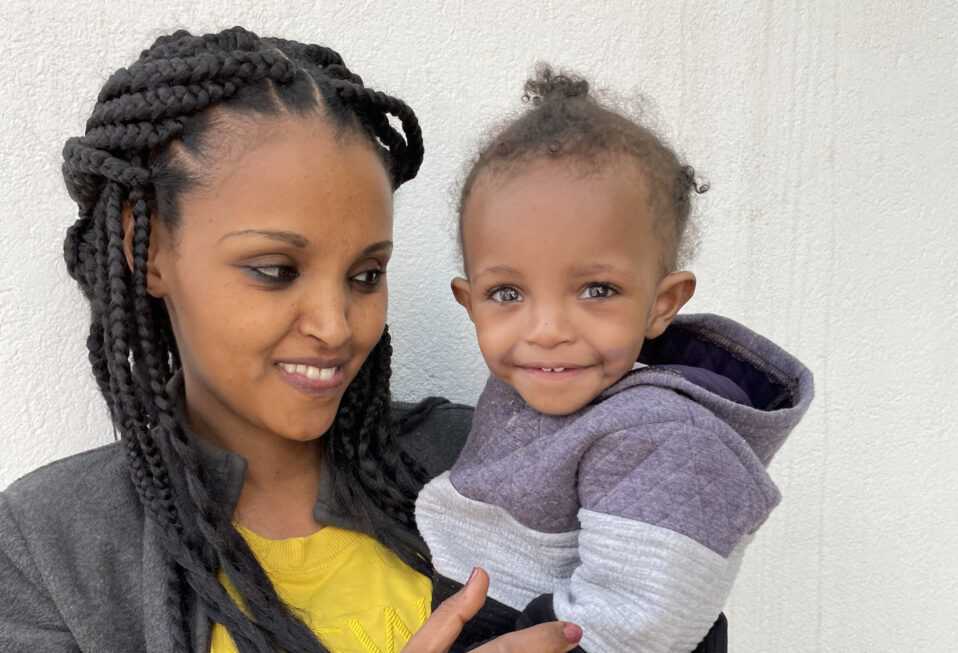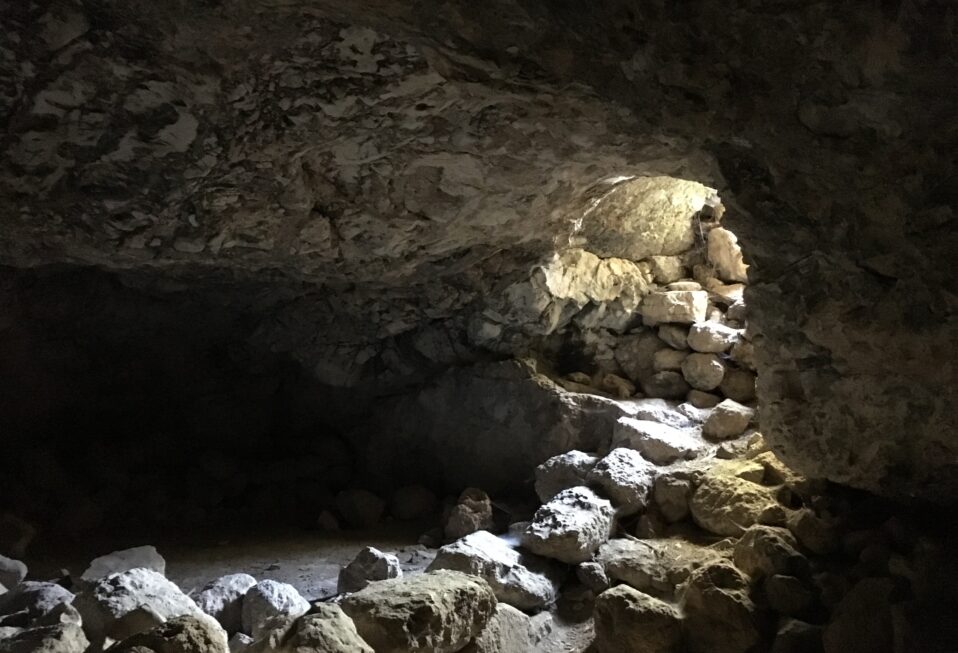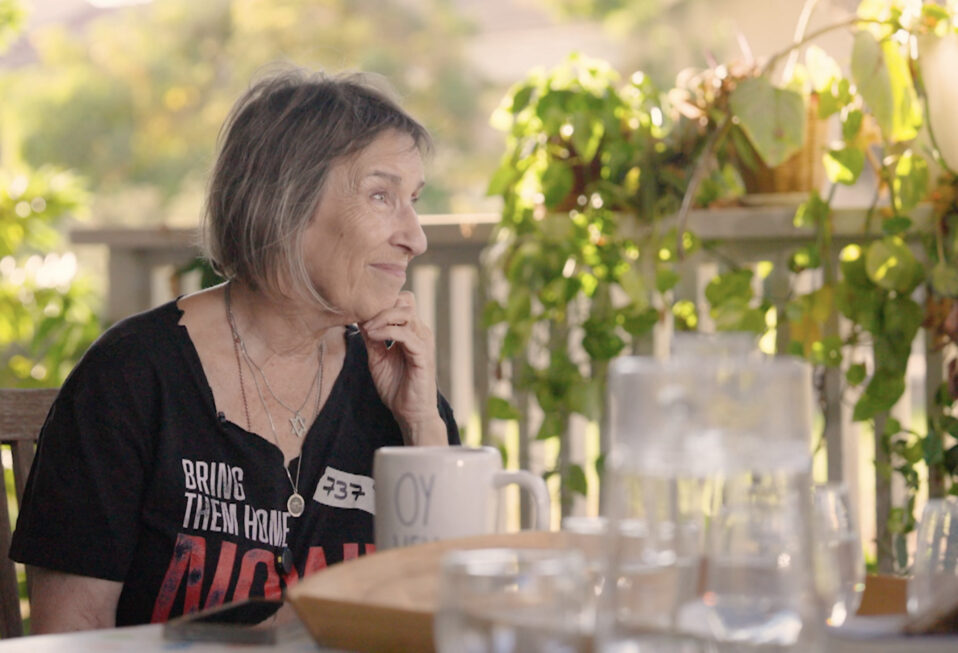By Arlene Bridges Samuels
Fifty-five years ago—June 5, 1967—marked the beginning of the Six-Day War (June 5-10). During that time, God fulfilled His ancient promises as recorded in 1 Kings 11:36, where He proclaimed Jerusalem as “the city where I have chosen for Myself to put My name.”
When the war began, however, Jerusalem was a divided city. Under the control of Jordan following the 1948 War of Independence, Israel’s holiest sites—the Western Wall and Temple Mount—were off limits to Jews. Israel had won its War of Independence but lost the eastern half of Jerusalem to the Arab League.
The Jordanians annexed east Jerusalem, which deteriorated under their rule. They destroyed all but one synagogue in the Jewish Quarter, along with Torah scrolls and books. Religious freedom was nonexistent. Palestinian Arabs called themselves Arabs, not Palestinians, since Arafat had not changed their names to “Palestinians” for his political purposes. Jordan never considered Jerusalem as its—or the “Palestinian”—capital.
However, the prologue for the Six-Day War reached back to Jordan’s annexation of East Jerusalem and the West Bank in 1950. Over the next 20 years, frequent confrontations contributed to the buildup of war. Among them Egypt, armed with Soviet weapons, closed the Suez Canal to Israeli shipping. In 1959, Yassar Arafat founded the Palestinian Liberation Organization (PLO) with the goal of “destroying Israel.” Three Arab summits were held to plan Israel’s annihilation. From the Golan Heights, Syria shelled Israeli civilians in the Galilee below. Clashes escalated during 1966–’67.
Then in May 1967, Egypt declared war on Israel. Radio Cairo broadcast an ominous message: “The existence of Israel has continued too long. … The battle has come in which we shall destroy Israel.” Such menacing talk from Egypt—joined by Syria, Jordan, and Iraq and supported by Kuwait, Saudi Arabia, Algeria, and Sudan—put the small Jewish nation’s military on high alert.
The Israel Defense Forces (IDF) had also witnessed a formidable buildup of troops and weaponry in the Sinai Desert, representing a huge threat. So sure were the Israelis of defeat, they prepared 40,000 coffins. Realizing they would be vastly outmanned in battle, the Israelis put into effect a gutsy pre-emptive strategy that relied on speed and secrecy. It was named Operation Focus (Moked).
Israel’s military leaders determined that the only way to defeat Egypt’s vastly superior air force—the largest in the Middle East—was to make a pre-emptive strike and neutralize all the planes while they were still sitting on the ground. Their pilots had trained long and well for just such a mission. And on June 5, they set it in motion.
Operation Focus remains one of the most successful air campaigns in military history. During the Six-Day War, the Israeli Air Force destroyed 452 enemy planes, while losing just 46 of their own. After their stunning performance in Egypt, the Israeli Air Force finished the day in Jerusalem bombing the Jordanian tanks that raced toward the city and providing air cover for Israeli ground forces.
It was an epic example of cunning, daring and stealth—a brilliant strategy that was flawlessly executed. During the brief war, Israel won the Golan Heights from Syria, the Sinai from Egypt, and Judea and Samaria (West Bank) and Jerusalem’s Old City and holy sites from Jordan’s occupation. Israel quadrupled its size.
But those who fought in that war agree that it was more than military genius and bravery that led to victory. There were numerous miracles, as well.
Although outmanned and outnumbered, the Israeli fighter pilots realized that God’s supernatural intervention secured their victory. Pilot and IDF Major General Ezer Weizmann was asked to explain how for three hours, Israel Air Force planes destroyed aircraft at one Egyptian airstrip after another—yet the Egyptians did not radio ahead to let their forces know about the imminent air attacks. Weizmann, who later served as President of Israel, said simply: “The finger of God.”
Many eyewitness accounts, which have been well documented, emerged in the following months. Older airplanes that had been plagued with problems behaved surprisingly well that day. Squadron members who flew the aging Vautor bombers said that on June 5th, the aging aircraft operated without a single malfunction. An enemy shell that made a direct hit on a munitions pile miraculously failed to explode.
One Israeli infantry recruit, on patrol with one other soldier, reported an encounter with a truck loaded with 18 well-armed Egyptian soldiers. The two Israelis, equipped with inadequate weapons, believed they faced certain death. However, the Arabs, looking panic-stricken, did not fire on them, and complied immediately when the Israeli soldier then shouted, “Hands up!” Later, he asked an Egyptian sergeant why they hadn’t shot at the Israeli soldiers. The reply: “My arms froze—they became paralyzed. My whole body was paralyzed, and I don’t know why.”
Arabs not only gave in to their fears and waved white flags of surrender; one tank commander later explained that he gave up to a far smaller number of Jewish tanks because he saw a desert mirage that made him “see hundreds of Israeli tanks.”
Thus, it should be no surprise that the secular newspaper Haaretz carried this comment by one of its military correspondents: “Even a non-religious person must admit this war was fought with help from heaven.”
Prior to the Six-Day War, Jerusalem’s Mayor Teddy Kolleck had asked songwriter/vocalist Naomi Shemer to write a song in honor of Jerusalem for the Israeli Song Festival on Independence Day, 1967. She agreed, and wrote the anthem, “Jerusalem of Gold,” which was the first song written about the city in 19 years of Jordanian occupation. A month later, the victories in the Six-Day War gave her the opportunity to compose a new verse about Jerusalem’s reunification. It became a hit! Here are the lyrics:
“We’ve returned to the water cisterns, the market and to the plazas. A ram’s horn calls us from the Temple Mount in the Old City, and in the mountains’ caves thousands of suns are shining once again, to Jericho we will descend via the Dead Sea.”
The first verse of “Jerusalem of Gold” is a lament for Jerusalem, with two more verses from Lamentations and Psalm 137. “The mountain air is clear as wine, the scent of pines is carried by the afternoon wind, with the sound of bells. In the tree’s sleep and with the stone lost in its dream, the city that lies so deserted and, in its heart, a wall. Jerusalem of gold, of copper, and of light. For all your songs let me be your lyre.”
Jerusalem of Gold, the eternal city and loved by both Jews and Christians, the birthplace of their faiths, is a momentous marker in world history where the God of Abraham, Isaac, and Jacob once again proved His deed to the Land of Israel!
On June 7—the day of Jerusalem’s liberation—IDF Chaplain Brigadier General Shlomo Goren blew the shofar as the soldiers wept for their fallen friends and sang “Jerusalem of Gold.”
Let us remember that nearly two decades of Jordanian control didn’t prevent Jews from remembering Jerusalem. The very heartbeat of their homeland for 3,000 years was enshrined every day in every prayer, in every nation across the globe where Jews were scattered for millennia.
May we as believers keep Jerusalem and the Jewish nation of Israel in our hearts and prayers and continue to count on the God of Abraham, Isaac, and Jacob in all circumstances.
Join CBN Israel this week as we pray for the City of Gold:
- Pray for God’s shalom (“peace” and “well-being”) to descend upon the city of Jerusalem.
- Pray for Arab Israelis to maintain a sense of loyalty to Israel’s east Jerusalem and the freedoms they enjoy as citizens.
- Pray for Jerusalem’s mayor and other leaders to make agreements that will benefit both Arabs and Jews.
- Pray for a cessation of violence and terrorism in and around the city of Jerusalem.
Arlene Bridges Samuels pioneered Christian outreach for the American Israel Public Affairs Committee (AIPAC). After she served nine years on AIPAC’s staff, International Christian Embassy Jerusalem USA engaged her as Outreach Director part-time for their project, American Christian Leaders for Israel. Arlene is an author at The Blogs-Times of Israel, a guest columnist at All Israel News, and has frequently traveled to Israel since 1990. She co-edited The Auschwitz Album Revisited and is a volunteer on the board of Violins of Hope South Carolina. Arlene has attended Israel’s Government Press Office Christian Media Summit three times and hosts her devotionals, The Eclectic Evangelical, on Facebook.


